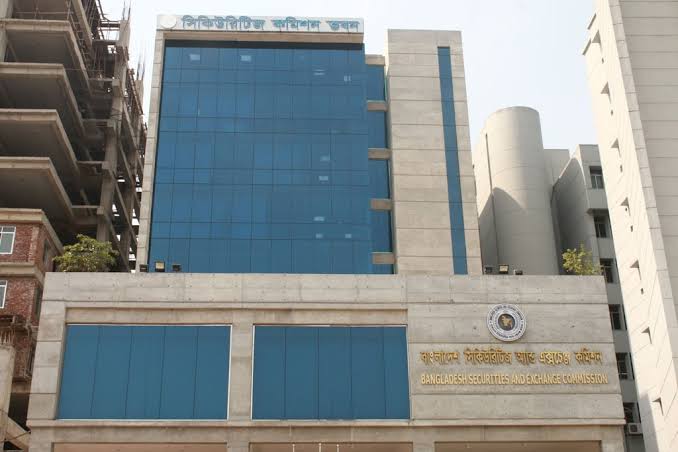Jannatul Islam
Published:2023-01-01 10:18:49 BdST
Capital market beats the odds in 2022
Despite global supply chain disruptions, Bangladesh's capital market has remained resilient with prudent policies to shift focus to new investment from secondary markets.
Market analysts and regulators have had mixed reactions to the performance of the stock exchanges, while the country will soon see the launch of government securities and commodities exchanges.
According to Prof Shibli Rubayat-Ul-Islam, chairman of the Bangladesh Securities and Exchange Commission (BSEC), the country's stock market has experienced challenging times since the beginning of the year amid the Russian evasion of Ukraine.
A disruption in the global supply chain since February has adversely affected the markets. Capital markets are sensitive areas for the economy. Any problems in business or banking affect the stock market sharply.
Professor Shibli said that the regulators had tried to keep the market stable with policy support and shifting their focus from the secondary market to secure investments.
The market is driven by retail investors who are hardly investing from their savings amid rising inflationary pressures, he noted.
The engagement of a leading business conglomerate with the Chattagram Stock Exchange contributed greatly to regaining investors' trust, according to the BSEC chief.
ABG Limited became the first Bangladeshi company in the history of Bangladesh's capital market to become a strategic partner of any bourse by fulfilling all the necessary regulatory compliances and leaving a signature of strong private sector footing.
ABG Limited is a concern of Bashundhara Group.
"Commodity exchange operations at CSE will offer new opportunities for investors next year. We are hoping to finalize the gazette for the operation in January," Prof Shbili said.
As the first Bangladeshi to serve as vice-chairman of the Asia Pacific Regional Committee (APRC) of the International Organization of Securities Commissions (IOSCO), Prof Shibli was elected to the position this year.
In the third quarter of this year, a delegation from the International Monetary Fund (IMF) suggested BSEC build its capacity to include people from a variety of backgrounds in the market. The IMF pledged to support both technological development and human resource development of the capital market so that the market can maintain a global standard.
Foreign investors were active on the market this year, buying shares worth Tk 1.91 billion and selling shares worth Tk 707.4 million. This resulted in a net investment increase of Tk 1.21 billion.
The year was also deemed a challenging period for the country's capital market. This is because good companies and big corporations remained off the market due to a lack of policy support.
Professor Abu Ahmed, a former Dhaka University faculty member, said foreign corporations and large companies remain out of the capital market because of a lack of a legal framework to welcome them.
“The introduction of a floor price was a barrier for potential investors in the outgoing year. Recently, the limit was withdrawn for several companies, but that was not significant. There is a lack of incentive for institutional investors that can attract new investment,” Dr Ahmed said.
According to the eminent economist, large companies stay away from the capital market because of a fear of transparent auditing.
He continued, "Ultimately, a group of investors are gambling on the stock market to gain short-term profits. This is a risk factor for the market. It is only when investors start concentrating on the long term that the market will stabilize."
Some 654 companies are listed on the capital market while two bourses -- Dhaka Stock Exchange and Chittagong Stock Exchange -- closed trading on Thursday with a market capitalisation of Tk 7.63 trillion.
Unauthorized use or reproduction of The Finance Today content for commercial purposes is strictly prohibited.


